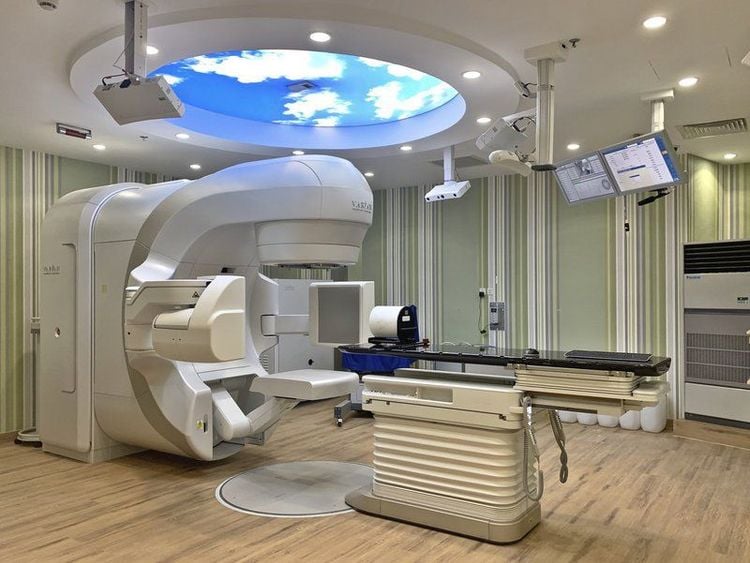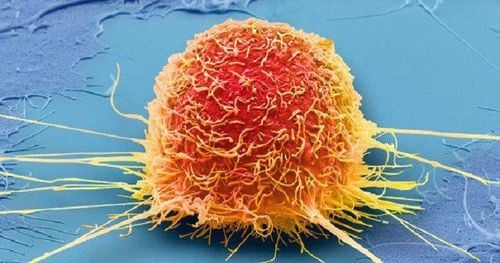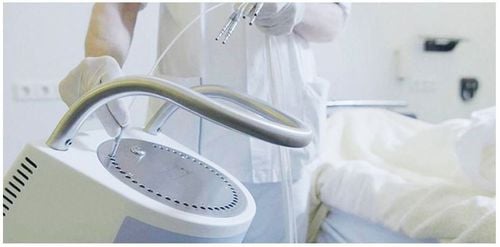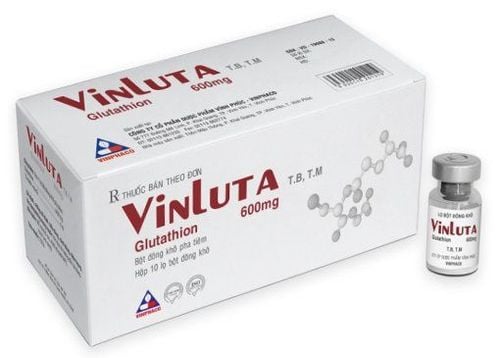This is an automatically translated article.
Radiation therapy is the use of carefully measured doses of radiation to treat many cancers. The information in this guide will help you better understand radiation therapy.The article is professionally consulted by doctors working at Oncology Center, Vinmec Central Park International General Hospital.
1. Introduction
The article contains general information about radiation therapy , as well as many specific details about treatment that has been or will be planned for you. The article has been compiled and standardized by radiation therapists, technicians, nurses and patients.
Please share this guide with your family and friends - they have a vital role to play in helping you. It's important that they feel well informed in a timely manner and understand what's going on with you.
This document cannot cover everything you might need to know. However, your medical team (oncologist, radiation therapist, nurse, and radiation technologist) will give you more accurate information about your particular treatment.
We hope you found this guide useful and we welcome any input from you and your family so that the next version can be improved, updated with even better information.
2. What is radiation therapy and why is it needed?
Radiation therapy is the use of carefully measured doses of radiation to treat many cancers.
Radiotherapy beams destroy/kill cancer cells and also stop them from dividing and growing. The beams can be very precisely directed to any area of the body by sophisticated machinery. The most commonly used machines are called linear accelerators (or collectively, Linac machines). Truebeam radiation therapy machine of Radiation Therapy Unit, Oncology Center, Vinmec Central Park International General Hospital is the newest and most modern Linac machine of Varian, USA.

Máy xạ trị Truebeam của Bệnh viện Quốc tế Vinmec Central Park
3. How does radiation therapy work?
A high dose of radiation damages cells and stops them from growing and dividing. Cancer cells, which are abnormal cells, tend to do irreversible damage. Normal cells usually recover or repair themselves fairly quickly. Any side effects that occur during treatment are usually temporary.
Radiation therapy is given to the same part of the body every day and each treatment takes a few minutes and is virtually painless. The machine doesn't touch you and it's very much like you get a regular X-ray. During radiation therapy, you are usually placed in a supine position. Any changes will be explained later in this guide, or discussed specifically with you by the radiotherapy team.
Radiation therapy is indicated as an outpatient unless you live too far from the center to be able to commute every day. The duration of radiation therapy can vary but is usually three to six weeks. Your medical team will talk to you about choosing which treatment is best for you.
Sometimes you may miss a treatment session due to a holiday or maintenance equipment breakdown or repair. This will be reviewed by your medical team. However, we encourage you not to miss any other radiotherapy sessions unless it has been discussed and agreed with your medical team.
4. What are the benefits of radiation therapy?

Mục đích của xạ trị là tiêu diệt các tế bào ung thư đồng thời bảo tồn đối với các tế bào bình thường
The aim of radiation therapy is to destroy cancer cells while preserving normal cells. Radiation therapy can be used to treat many types of cancer in most parts of the body.
Radiation therapy may be indicated instead of surgery or combined treatment after surgery to stop the growth of cancer cells that may still be left. Radiation therapy may also be given before, during, or after chemotherapy (anticancer drugs). Sometimes it's radiation therapy that's the only treatment you'll be advised to take.
5. What are the side effects of radiation therapy?
Radiation therapy can damage or destroy normal cells and cause treatment side effects. Side effects will be discussed more and in more detail later in this guide.
Side effects of radiation therapy can generally be divided into two categories:
Early or acute side effects that develop during or shortly after treatment. This is usually temporary. Late side effects are those that can develop months or even years after radiation therapy ends. The probability that these side effects will occur is small, although they are rarely serious, but in some cases they can be permanent.
Please dial HOTLINE for more information or register for an appointment HERE. Download MyVinmec app to make appointments faster and to manage your bookings easily.













